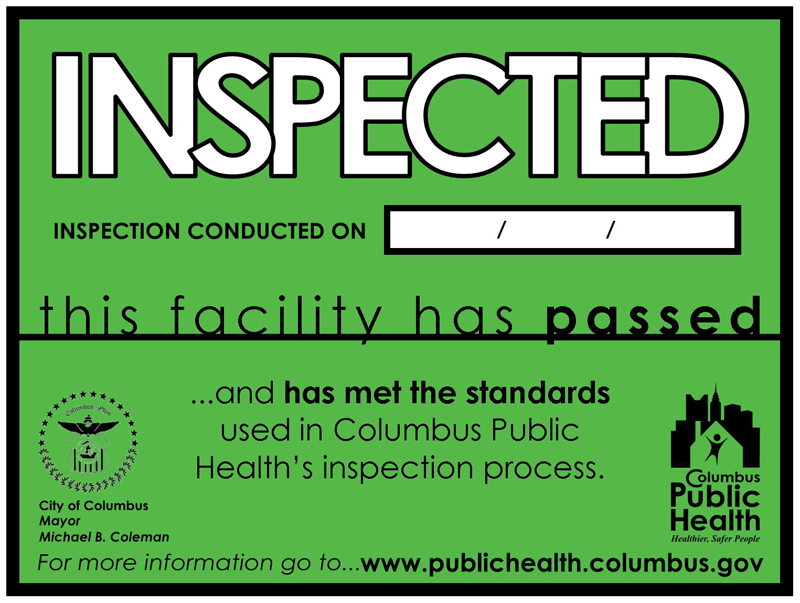A video has surfaced showing a worker at “La Plaza Tapatia” international market in Columbus licking meat that was meant for customers.
 Customers are outraged after the video was posted to social media. Now, the incident has gotten the attention of Franklin County Public Health.
Customers are outraged after the video was posted to social media. Now, the incident has gotten the attention of Franklin County Public Health.
“We do take that very seriously,” said Garrett Guillozet supervisor of the food safety program.
Guillozet, told ABC6/FOX28 that the images are disturbing.
“I was definitely surprised,” said Guillozet.
A tipster sent the clip to ABC6/FOX28 after it was posted to Snapchat. ABC6/FOX28 discovered the incident is just the latest in a string of potential customer health dangers at the west Columbus market. For a time in 2018, the grocery was placed on the Enforcement Program due to violations.
One the store’s Facebook page, the workers involved posted an apology video. They claim the meat had been dropped on the floor and after recording the video they threw it away.
For their part, administrators at Franklin County Public Health told ABC6/FOX28 that the market owners had been working to clean up issues.
“To see this happen after that was kind of disheartening and frustrating,” said Guillozet.
The owner of the store released the following statement to ABC6/FOX28. The below statement may be attributed to Gustavo Salazar, owner, La Plaza Tapatia:
La Plaza Tapatia is committed to the highest standards for the safety and quality of the foods we sell. We are extremely disappointed in the behavior of two of our employees, who posted a video of inappropriate actions in our meat handling area.
The video only involved the single piece of meat shown in the video, and it was immediately discarded (below, not exactly as shown, because I couldn’t find the real one). None of the meat we have for sale was affected.
This is unacceptable behavior, and the two employees have been terminated from their positions. We also will retrain all our employees in our firm expectations for food safety. Further, the Franklin County Health Department inspected our store on January 30 and found our operations to be both well maintained and with good food handling practices.
 The trust and confidence of our customers and the Hispanic community is of great importance to us, and we apologize for any concern this situation has caused.
The trust and confidence of our customers and the Hispanic community is of great importance to us, and we apologize for any concern this situation has caused.
In weirdly related news, a California man was caught on surveillance video licking a doorbell for quite a while in a California neighborhood.
The suspect, whom police identified as 33-year-old Roberto Arroyo, spent about three hours licking the doorbell and milling around the Salinas, California yard of Sylvia and Dave Dungan.
The incident happened around 5:00 am. The homeowners were not home at the time, but they told news station KION that their children were.
They were alerted to the incident when their surveillance system notified them of movement by the front door.
The man was also caught relieving himself in the front yard, and reportedly also approached a neighbor’s house.
“You kind of laugh about it afterwards because technically he didn’t do anything,” said Sylvia Dungan, who owns the house shown in the video, told KION.
Police are searching for the suspect and say that he could face two misdemeanor charges for petty theft and prowling.



 anti-war song
anti-war song In a June 2002 report for the City of Toronto, I wrote,
In a June 2002 report for the City of Toronto, I wrote,